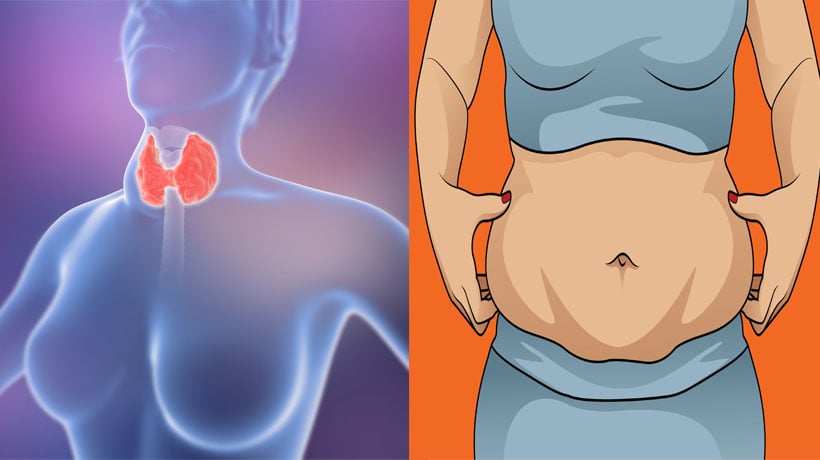The thyroid gland is a butterfly-shaped organ at the base of your throat the releases the hormones that control the way your body uses energy. It is part of the endocrine system and regulates many of your body’s vital functions. Imbalances in hormone production in the thyroid can lead to many health risks. Luckily, there are some early warning signs and very accurate blood tests that can determine if you have a thyroid imbalance.
Hyperthyroidism is caused by the thyroid over-producing hormones and is fairly rare in the United States. Hypothyroidism occurs when the thyroid doesn’t produce enough hormones. Women are three times more like to develop hypothyroidism than men, and women over 60 are more susceptible than women under 60. Over time, if hypothyroidism goes untreated it can lead to serious health complications such as infertility, joint pain, obesity and heart disease.
Fatigue
The hallmark of hypothyroidism is feeling tired for no reason. When the metabolism isn’t functioning correctly, it can lead to extreme lethargy and feelings of tiredness.
Weight gain
The thyroid is responsible for regulating the metabolism, which at its most basic function is the ability of the body to convert calories into energy to fuel the body. When the metabolism is slowed due to improper thyroid function, weight gain follows. While weight gain is a symptom, it is generally more minor compared to other symptoms on this list – usually only resulting in a 5 to 10-pound weight gain unless the hypothyroidism is extremely severe.
Intolerance to cold
Another major warning sign of hypothyroidism is the inability to feel warm. This isn’t a simple feeling of, my jacket isn’t warm enough, but rather an extreme sensitivity to coldness and the failure to stay warm. The thyroid is sometimes called the thermostat of the body. When it isn’t functioning properly, the body doesn’t burn calories as heat very well, leading to low body temperature.
Puffy, dry, pale skin
The thyroid also regulates the grease glands and skin thickness, which leads to extreme dryness in the skin. Combine this with the body’s attempt to keep at a steady temperature with a malfunctioning thyroid prevents the body from sweating, holding onto unnecessary fluid. In addition to extremely dry and scaly skin, this also produces puffiness and bloating. It is particularly noticeable in the face and eyes or in swelling ankles and joints.
Chronic constipation
Once food has been broken down in the stomach, it is passed through the large and small intestine by means of muscles lining the walls of the intestines. Hypothyroidism causes the contraction of these muscles to weaken, leading to slow-moving or stopped stool.
Hoarseness
The thyroid gland lies on the windpipe just below the larynx (voice box). Because of this proximity, hypothyroidism can lead to a couple of issues with the voice. Hypothyroidism causes a buildup of sugar molecules called mucopolysaccharides, this buildup leads to the voice deepening or lowering. Hypothyroidism also causes the thyroid gland to swell, which in turn presses on the voice box to cause hoarseness.
These earliest indicators of hypothyroidism can be very subtle but if you exhibit a number of these symptoms, talk to your doctor about testing your thyroid function.
Source:
https://www.mayoclinic.org/diseases-conditions/hypothyroidism/symptoms-causes/syc-20350284



